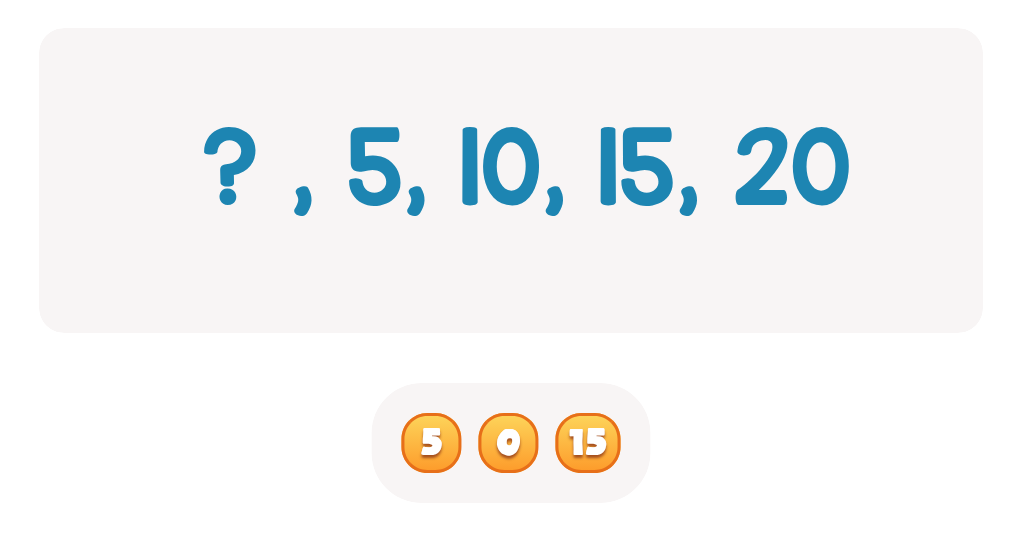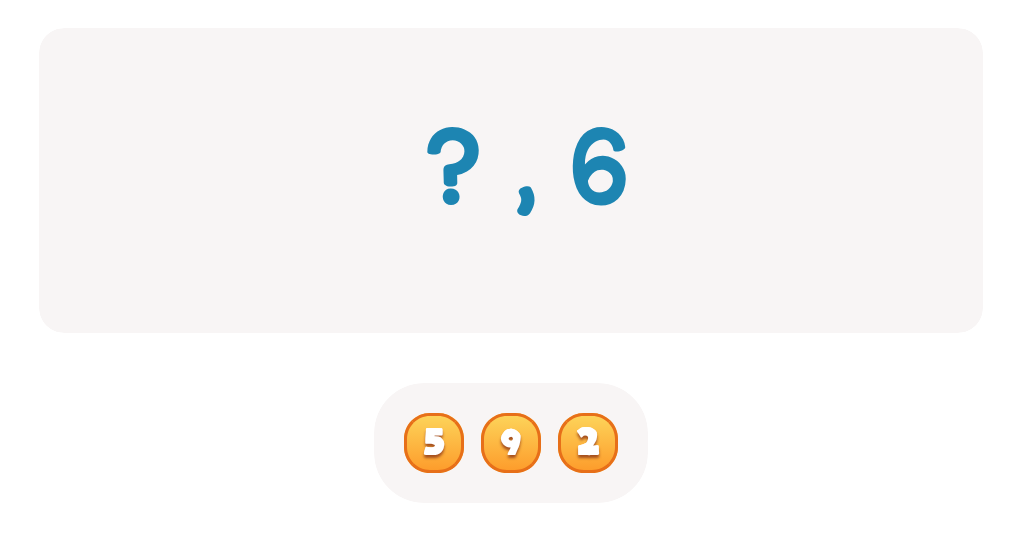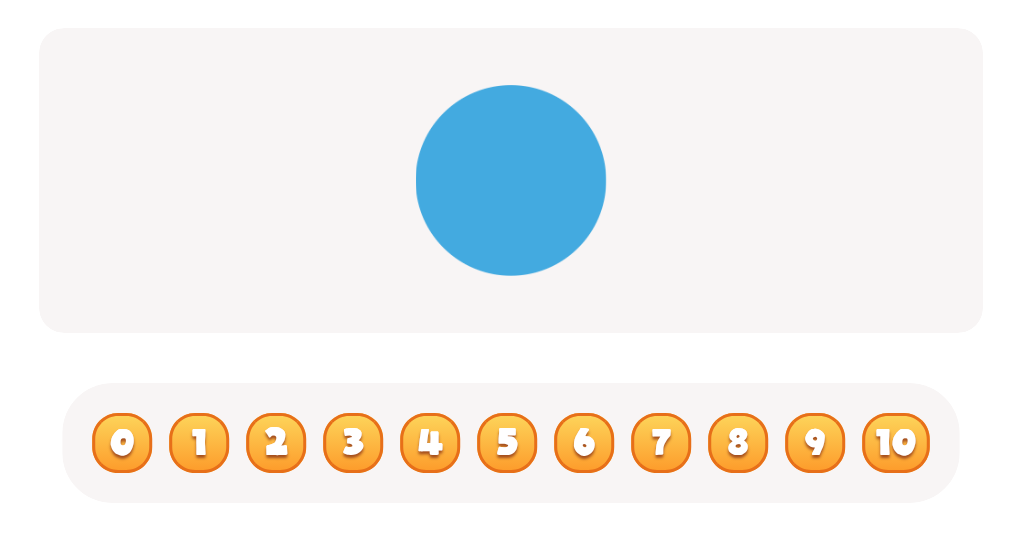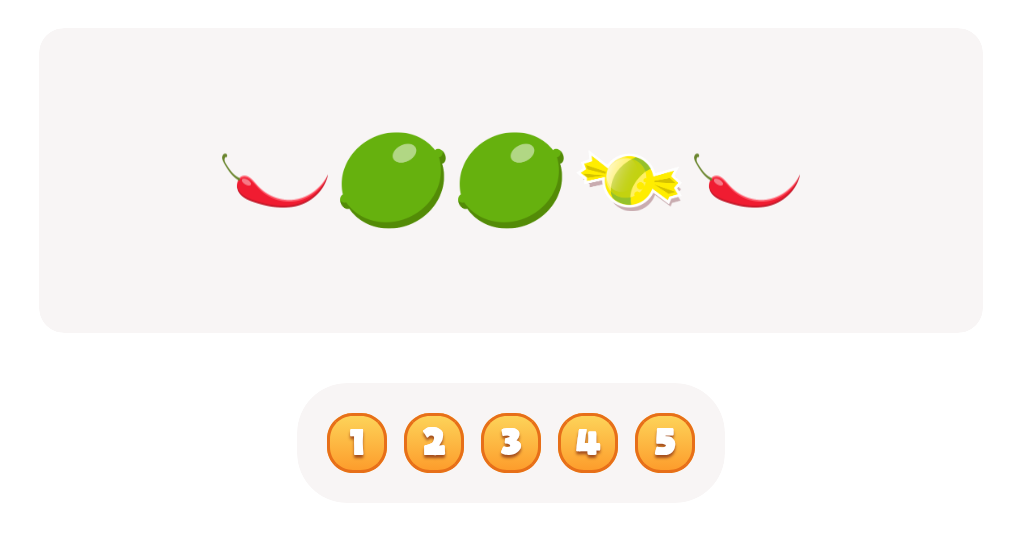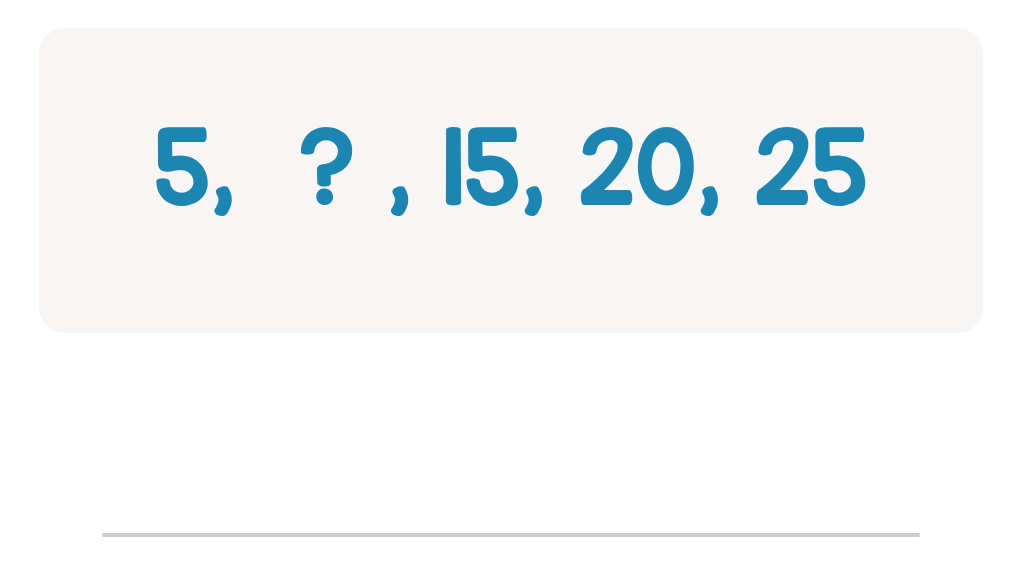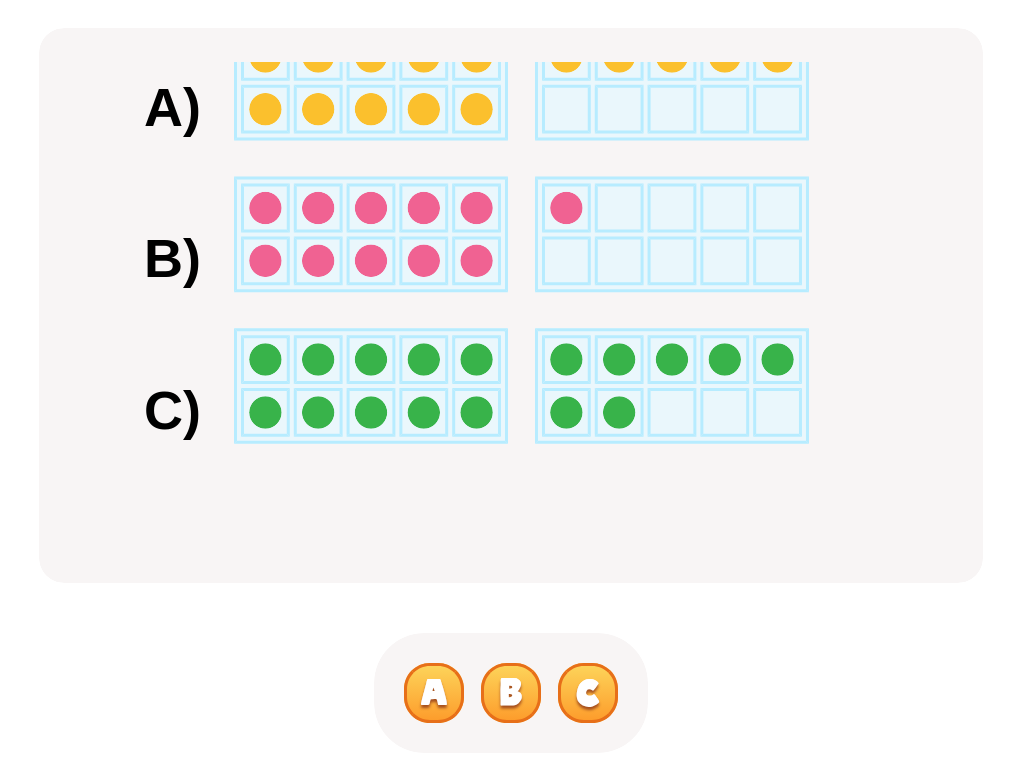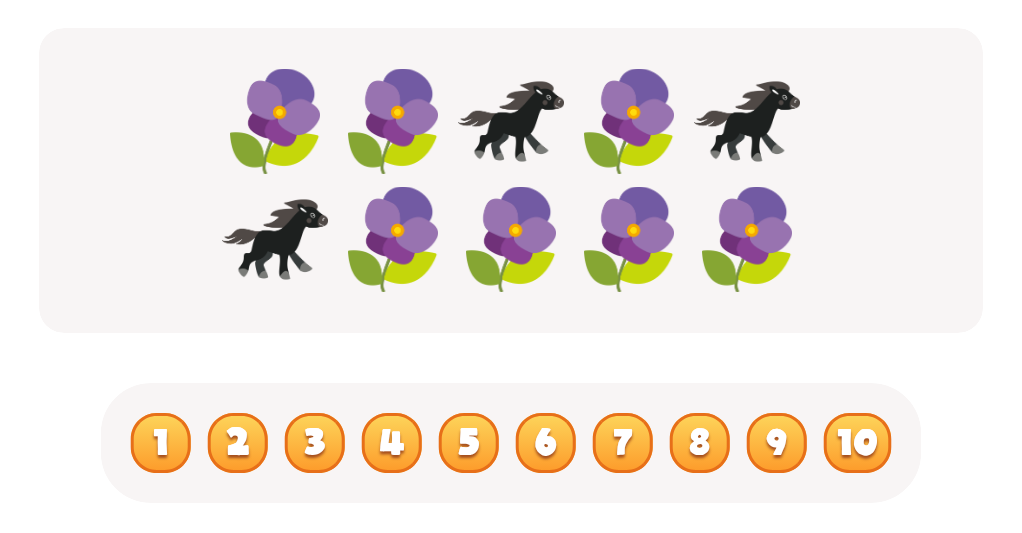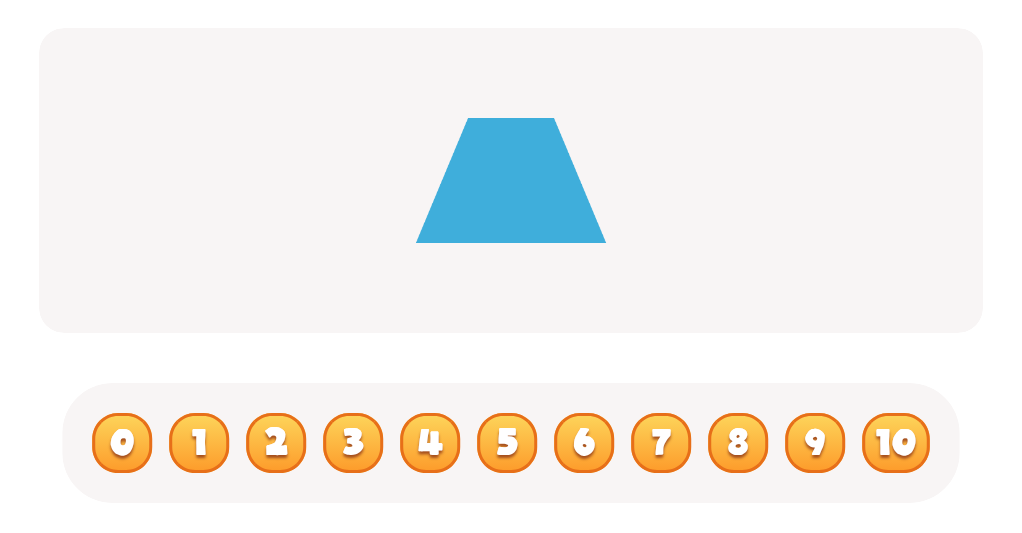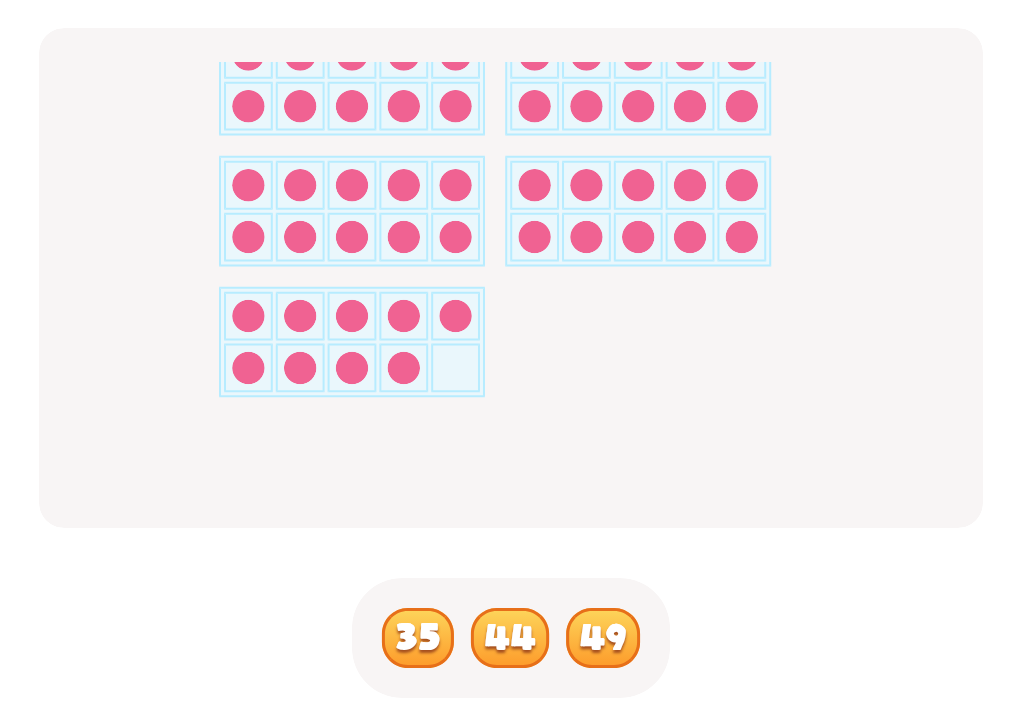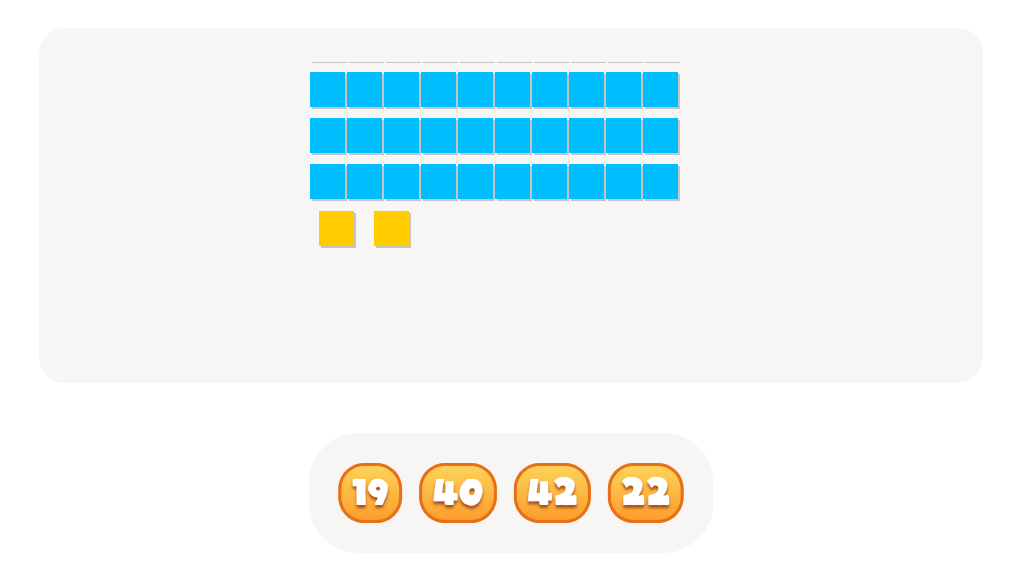Problem-Solving Skills Counting Worksheets for Ages 5-8
4 filtered results
-
From - To
Our Problem-Solving Skills Counting Worksheets for Ages 5-8 are designed to enhance young learners' math abilities through engaging activities. These worksheets combine counting exercises with fun challenges that require critical thinking and logic. Perfect for kindergarteners and early elementary students, our worksheets help children build a strong foundation in math while developing problem-solving skills. Each activity is crafted to make learning enjoyable, with colorful illustrations and age-appropriate questions that motivate young minds. Give your child the tools to excel in math and boost their confidence with our expertly designed counting worksheets!
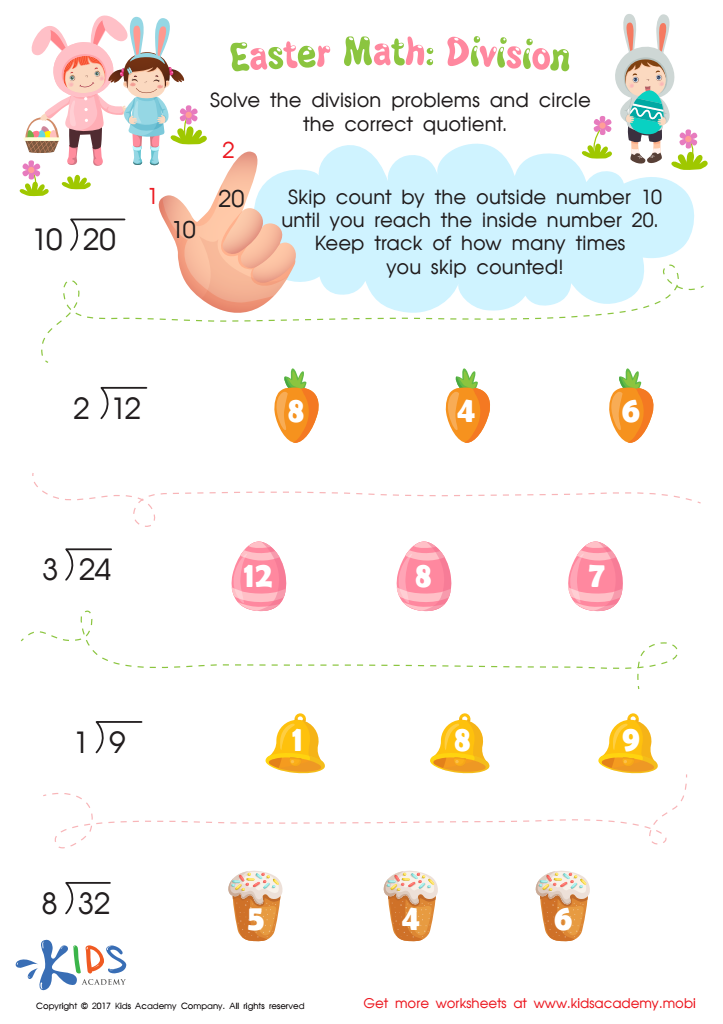

Division Worksheet
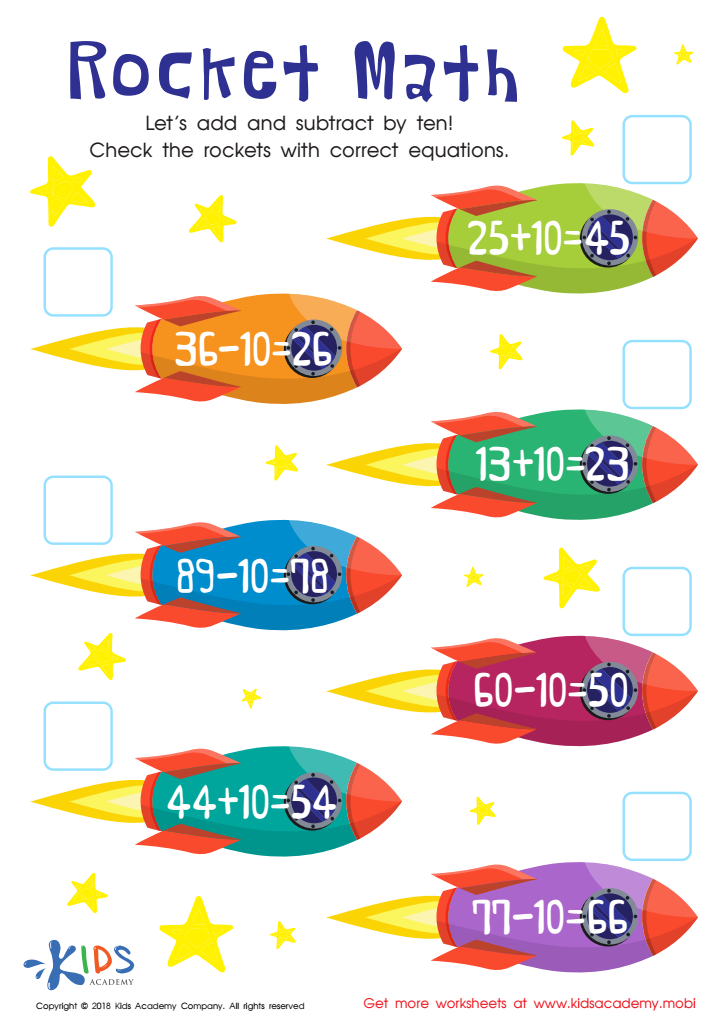

Rocket Math Worksheet
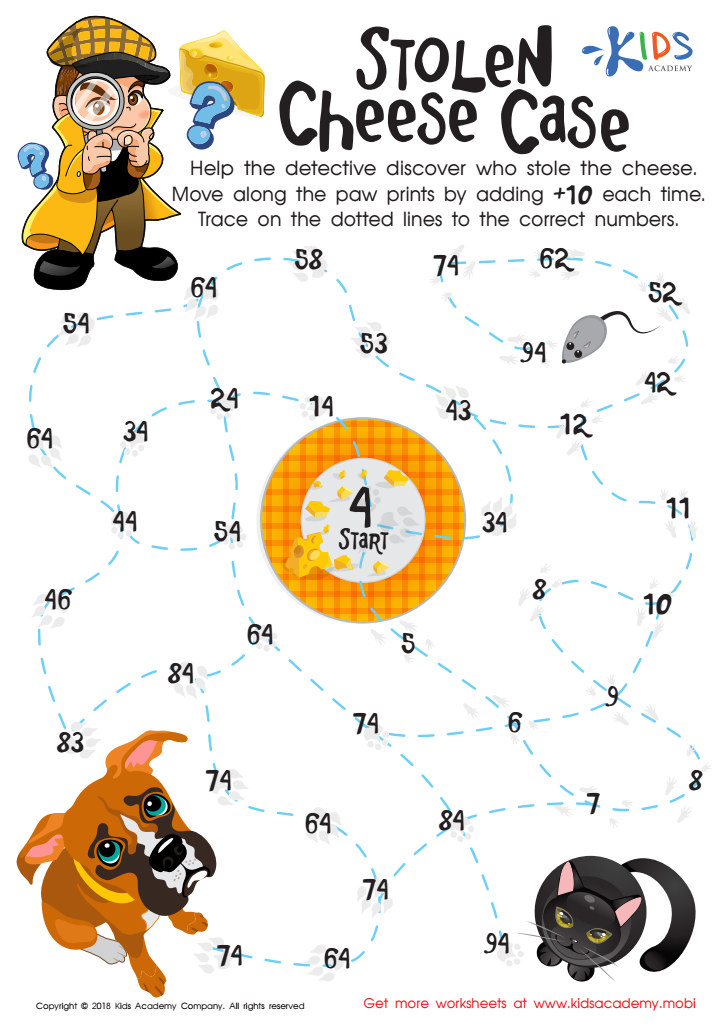

Stolen Cheese Case Maze Worksheet
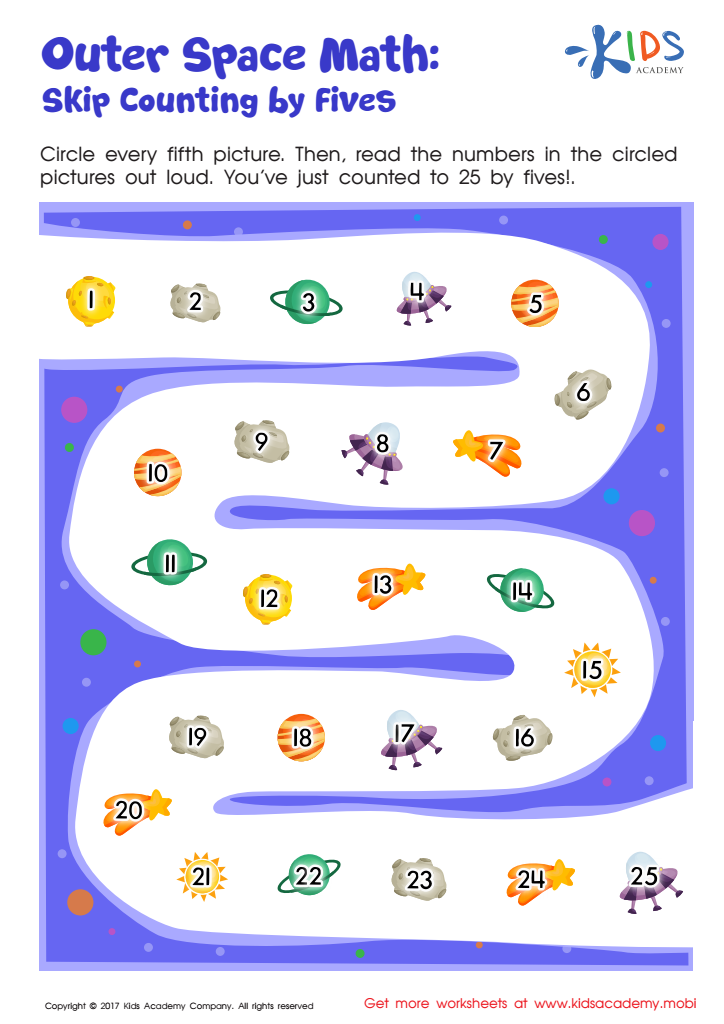

Skip Counting by 5s: Outer Space Math Printable
Parents and teachers should prioritize problem-solving skills counting for children aged 5-8 because it establishes a strong foundation for critical thinking, mathematical understanding, and overall cognitive development. At this early age, children are at a crucial developmental stage where their brains are highly receptive to learning new concepts. By integrating counting into problem-solving activities, children learn to apply basic math skills in practical, real-world contexts.
Engaging children in counting-related problem-solving tasks helps them develop essential skills such as addition, subtraction, pattern recognition, and logical reasoning. For example, imagining how many apples are left after distributing to friends is a simple yet effective way to blend arithmetic with everyday scenarios. This not only strengthens their numerical proficiency but also nurtures their ability to think critically and make reasoned decisions.
Additionally, fostering these abilities early on builds confidence in facing challenges, encourages persistence, and nurtures curiosity. As children encounter and successfully resolve problems, they develop a growth mindset, understanding that mistakes are learning opportunities.
Incorporating counting problems also prepares children for future academic subjects and life skills. Proficiency in basic math is linked to success in various fields, making this early cognitive sportiness vital. Ultimately, by supporting problem-solving skills counting, parents and teachers empower children to become capable, confident, and innovative thinkers.
 Assign to My Students
Assign to My Students
